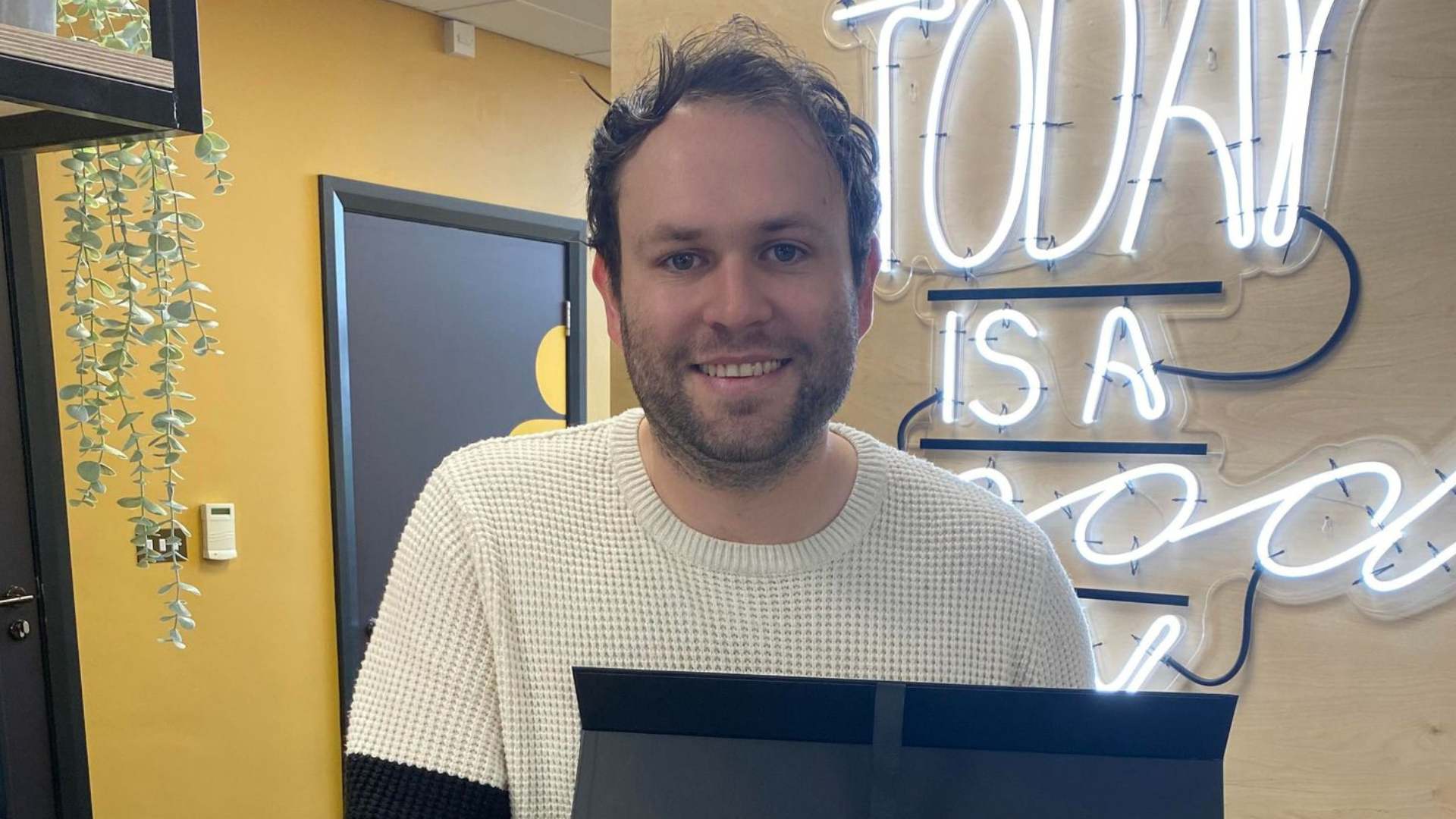How To Explain Leaving a Job for Mental Health Reasons
17 May, 20231-2 minutes
According to the mental health charity Mind, one in four people in England will experience a mental health problem each year, and one in six people report experiencing a common mental health problem (such as anxiety and depression) in any given week. So mental health is an issue that affects many people.
Employers have a duty of care to support the mental health of their staff, just as they would if they had a physical illness. Sadly, that isn't always the case, and the topic can still be taboo in many working circles. As a result, with or without your employer's support, you may at some point feel the need to step away from your role.
Whether it be an extended break or the termination of your contract, it can be tricky knowing how to explain leaving a job for mental health reasons. However, by keeping the lines of communication open and following the tips below, you can reach an amicable solution that protects your wellbeing.
1. Understand your rights
There are various legal protections for employees with mental health issues in the UK. For example, The Equality Act 2010 states that employers must make reasonable adjustments for those with mental health issues that could be considered a disability.
Someone with poor mental health may be considered to have a disability if it has a substantial and long-lasting (at least 12 months) effect on their ability to carry out day-to-day tasks.
However, regardless of whether a mental health issue falls under the bracket of a disability, employers should still take appropriate action to support an employee who raises a concern. In such cases, reasonable adjustments might include anything from changing working hours to providing additional support, like protecting staff from discrimination, allowing more rest breaks, and helping to prioritise workloads.
2. Be honest and open
When it comes to discussing your departure from a job for mental health reasons, it's important to consider your comfort level and personal boundaries. Mental health is a deeply personal matter, and you have the right to choose whom you share this information with.
For your employer to understand what and how your work is being impacted, you will need to disclose some details. However, not everyone needs to know the specific details of your situation. You may want to limit the disclosure to a select few individuals, such as your immediate supervisor, HR representative, or a trusted colleague, who can provide support or assist with the transition.
While there is a growing awareness and understanding of mental health, it's still advisable to exercise caution when sharing such sensitive information. Consider the potential impact on your professional reputation and how it might be perceived by others in the workplace. Sharing with the wrong person could result in unintended consequences or judgements.
If you're unsure about disclosing your mental health reasons, it's generally wise to start with a small circle of trusted individuals. As you establish trust and observe their supportive response, you can consider expanding the circle to include others if you feel it's necessary or beneficial.
You should be prepared for follow-up questions. Some employers or colleagues might inquire further about your situation. Prepare concise responses that help maintain your privacy and comfort level. You can simply state that you're currently addressing personal matters and taking the necessary steps to improve your wellbeing.
3. Prepare a plan ahead of time
If you are planning on taking some time out from work, you should approach the conversation with a loose timeline in mind.
Take time to reflect on your situation and determine the duration and timing of the leave you require. Consider any deadlines, ongoing projects, or responsibilities that may be affected, and think about potential solutions or ways to minimise the disruption.
You should request a private meeting with your boss to have a focused conversation. Find a time when your boss is likely to be available and not preoccupied with other tasks or commitments.
4. Keep communication open
When communicating with your employer, you should be honest and concise. Start the conversation by expressing your gratitude for the opportunities and support you've received in the company.
Then, communicate your need for time off due to personal health reasons. You don't have to disclose specific details about your condition if you're not comfortable doing so. Keep the conversation focused on your wellbeing and the steps you're taking to address it.
You should briefly explain how your current mental health challenges are affecting your ability to perform at your best. If possible, offer suggestions on how to manage your workload during your absence, such as delegating tasks, training a colleague to handle specific responsibilities, or providing recommendations for interim support.
During the conversation, you could also discuss the logistics of your leave, including the duration and any necessary documentation. Ask about the company's policies regarding medical leaves or personal time off, and inquire about any forms or procedures you need to complete.
5. Find someone to support you
Having someone's support when you're facing mental health problems can be immensely important and beneficial. Dealing with mental health challenges can be emotionally taxing. Having someone who understands, empathises, and provides a listening ear can provide a sense of comfort, validation, and relief. They can offer encouragement, reassurance, and help you process your feelings.
Supportive individuals can assist you with practical matters that may be difficult to handle alone, such as accompanying you to appointments, helping with daily tasks, or providing a safe and supportive environment. This can alleviate some of the burdens associated with managing mental health challenges.
During challenging times, it's common to experience a lack of motivation or a sense of hopelessness. Having someone who believes in you, encourages your progress, and reminds you of your strengths and capabilities can be uplifting and help you stay motivated on your journey towards recovery.
Above all else, it's important to take care of yourself and not rush back to work until you're 100% ready. Make sure to get the support you need, whether that be seeing a medical professional, therapist, friend or getting help from a mental health charity.
Who is Spencer Clarke Group?
Since 2017, we've been changing the face of recruitment. From our employees, to the way we do business, to the culture within our office, we're determined to make a difference and create a positive impact on everyone around us.
Recruitment to us isn't just about matching candidates and clients; we’re passionate about finding candidates the perfect job which has the ability to boost their salary and standard of living, better their work life balance and improve their mental health.
Similarly, we understand the impact which an experienced and skilled employee can make to a business and we love seeing clients thrive through the hard work of candidates which we have placed with them.
We operate in two sectors:
In eleven specialisms:
Healthcare, Social Care & Nursing
Corporate Functions & Business Support
Planning, Development & Regeneration
Highways, Infrastructure & Engineering
If you’re searching for a new role, why not visit our job page to take a look at the latest opportunities? Alternatively, upload your CV and one of our experienced consultants will contact you when a relevant opportunity becomes available.
If you’re struggling to fill a role, why don’t you give us a call on 01772 954200 to see how we can help? One of our consultants will be happy to listen to the challenges which you are facing and advise on the best possible solution for you.



